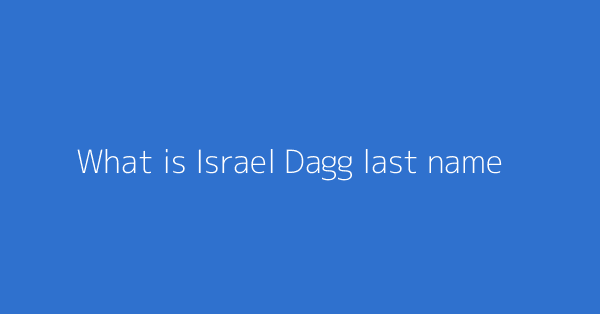As of August, 20, one Japanese Yen is 0,04446 Israeli Shegel. So that would mean that 4,000,000,000 Japanese Yen is 177,840,000 Israeli Shegels.
What is Israel Dagg last name?
What is discussplaces?
DiscussPlaces is a place to make new friends and share your passions and interests. Quench your thirst for knowledge, discuss places with other aficionados, and swap recommendations. Are you an aspiring foodie who dreams of living in New York? Or perhaps you are looking for the best chicken wings in Cincinnati? Then this is the place for you! Any one can join in with a passion or interest – whether it be talking about their favorite restaurant in Barcelona or raving about their latest trip to Italy. Join us!

This page shows discussions around "What is Israel Dagg last name?"
This page shows discussions around "What is Israel Dagg last name?"